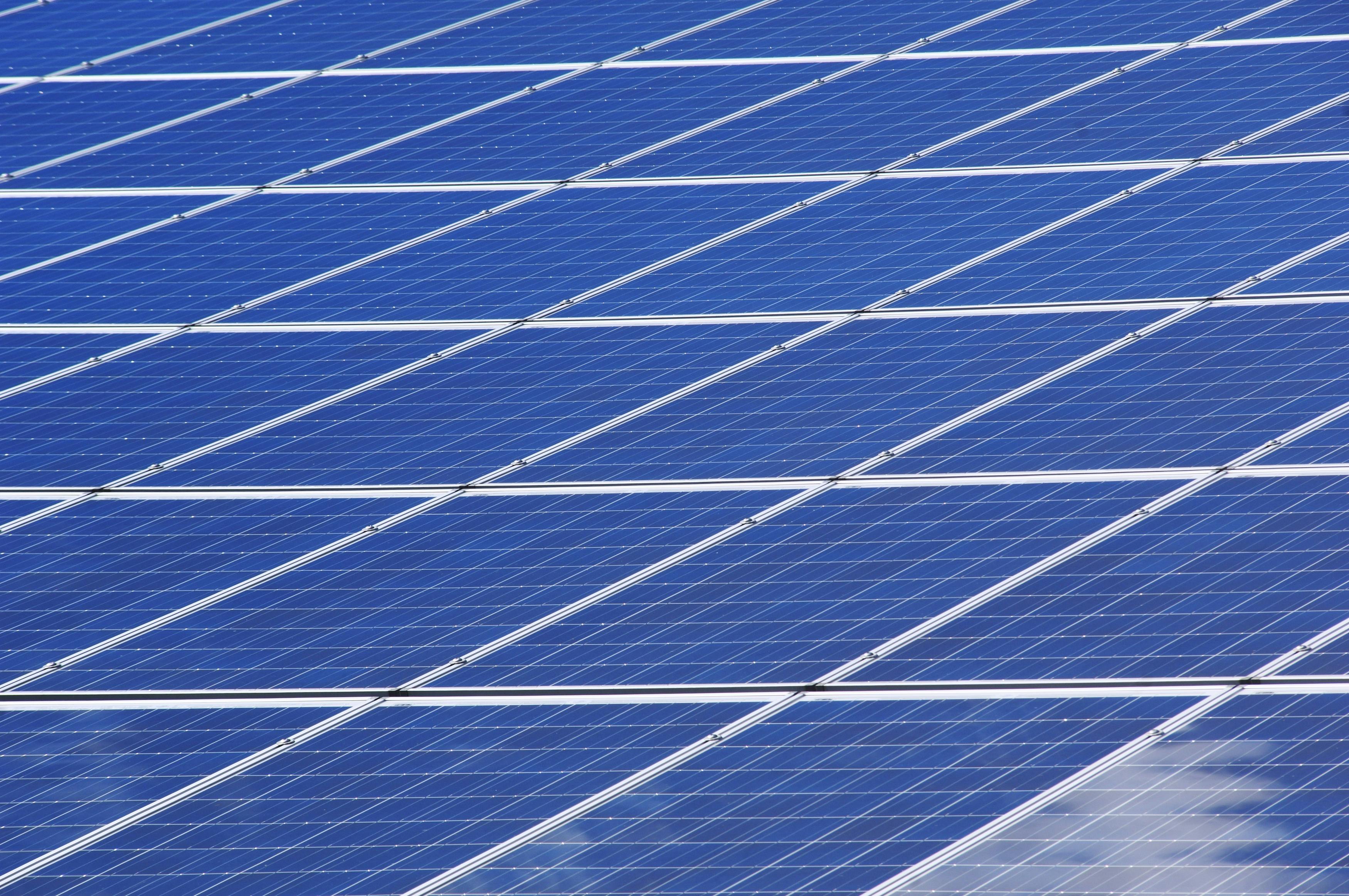Unveiling the Health Benefits of Grounding: Connecting with the Earth's Energy
Have you ever felt a sense of calm and tranquility after walking barefoot on the beach or in the grass? This sensation is more than just a psychological response to nature's beauty. It's a phenomenon known as grounding or earthing, and it's gaining recognition in the scientific community for its potential health benefits.

The Science Behind Grounding
Grounding, also known as earthing, is the practice of connecting with the Earth’s natural electric charge. This connection is made by walking barefoot on natural surfaces like grass, sand, or soil. The Earth’s surface carries a negative charge, and when our bodies make direct contact with it, we absorb these negative ions.
The concept of grounding is not new. Our ancestors spent much of their time in direct contact with the Earth, walking barefoot, and sleeping on the ground. However, with the advent of modern footwear and increasingly indoor lifestyles, we’ve lost this natural connection.
Grounding and Inflammation
Inflammation is the body’s natural response to injury or infection. However, chronic inflammation can lead to various health issues, including heart disease, diabetes, and cancer. Grounding may help reduce inflammation by neutralizing excess positive ions in our bodies that contribute to inflammation.
A 2012 study published in the Journal of Environmental and Public Health found that grounding could reduce or even prevent the symptoms of inflammation-related disorders. The researchers suggested that the Earth’s negative charge could create a stable internal bioelectrical environment, which may help regulate the body’s systems, from muscles to the nervous system.
Grounding and Stress Reduction
Grounding may also help reduce stress and improve mood. A 2015 study published in the Journal of Alternative and Complementary Medicine found that grounding could improve mood and reduce stress by regulating cortisol, the body’s primary stress hormone.
Participants who grounded for two hours showed significant changes in their cortisol levels, suggesting that grounding could help regulate the body’s stress response.
Grounding and Sleep
Grounding may also improve sleep quality. A 2004 study published in the Journal of Alternative and Complementary Medicine found that grounding during sleep could improve sleep quality and reduce pain and stress.
Participants who slept on grounding mats, which mimic the Earth’s electric charge, reported significant improvements in sleep and overall well-being.
Grounding: A Balance of Science and Anecdote
While the scientific evidence supporting grounding is growing, much of the understanding of this practice comes from anecdotal evidence. Many people who practice grounding report feeling more connected to nature, more relaxed, and less stressed.
However, more research is needed to fully understand the mechanisms behind grounding and its potential health benefits.
Grounding in Practice
- Start by spending at least 30 minutes a day barefoot outside. Choose natural surfaces like grass or sand over concrete.
- If you can’t go outside, grounding mats and sheets can mimic the Earth’s charge and provide the benefits of grounding indoors.
- Remember, grounding is not a substitute for medical treatment. Always consult with a healthcare provider before starting any new health practice.
In conclusion, grounding offers a unique and natural way to potentially improve health and well-being. By reconnecting with the Earth’s energy, we may be able to reduce inflammation, stress, and improve sleep. While more research is needed, grounding provides a simple and accessible wellness strategy for those seeking a natural connection to their environment.






